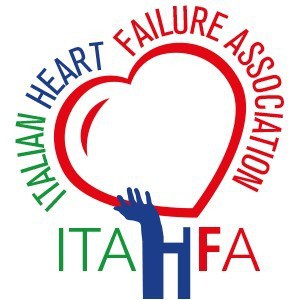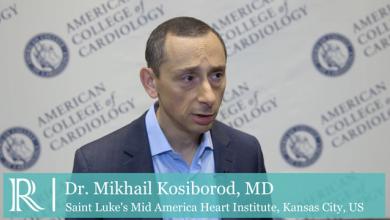Search results
Heart Failure and Cancer
Author(s):
Alessandra Cuomo
,
Alessio Rodolico
,
Amalia Galdieri
,
et al
Added:
3 years ago
Article
Author(s):
Radek Pudil
Added:
3 years ago
Cardiovascular (CV) disease and cancer remain the two most common causes of mortality in developed countries. According to recent data from the American Cancer Society, the lifetime probability of being diagnosed with an invasive cancer is higher for men (43 %) than for women (38 %).1 Within the last few decades the progress in the treatment of malignant diseases significantly improved survival…
View more
Author(s):
Edoardo Bertero
,
Pietro Ameri
,
Christoph Maack
Added:
3 years ago
Heart failure (HF) and cancer represent two major causes of morbidity and mortality in developed countries.1,2 The prevalence of these conditions is growing as the age of the population and the burden of shared risk factors, such as diabetes and obesity, are constantly increasing. In past decades, the field of cardio-oncology has predominantly focused on prevention and treatment of cardiovascular…
View more
Author(s):
Martin Nicol
,
Mathilde Baudet
,
Alain Cohen-Solal
Added:
3 years ago
Advances in the early detection and treatment of cancer have improved overall survival in cancer patients. Nevertheless, cardiovascular diseases appear as the major cause of morbidity and mortality among cancer survivors.1 Left ventricular (LV) dysfunction and/or heart failure are the most common cardiovascular complications after administration of chemotherapies. The term ‘cardiotoxicity’ is…
View more
Author(s):
Mark Sweeney
,
Angela Yiu
,
Alexander Lyon
Added:
3 years ago
Cancer and the anti-cancer treatments prescribed by oncologists have long been known to have significant effects on muscle, causing a catabolic muscle wasting state and resulting in widespread and progressive atrophy of most muscle groups.1 This process contributes significantly to the cancer cachexia seen in up to 80% of all patients with cancer, resulting in progressive weight loss, loss of…
View more
Author(s):
Mark A Peterzan
,
Oliver J Rider
,
Lisa J Anderson
Added:
3 years ago
Heart failure (HF) can be defined haemodynamically as any abnormality of cardiac structure or function resulting in a failure to deliver oxygen at a rate adequate for tissue requirements, despite normal filling pressures – or only at the expense of increased filling pressures.1 Around half of patients with HF have reduced left ventricle ejection fraction (LVEF; EF <40 %) at rest (HF-REF).2
…
View more
Author(s):
Mikhail Kosiborod
Added:
6 years ago
Mikhail Kosiborod discusses the CVD-REAL 2 study - Lower Risk of Cardiovascular Events and Death Associated With Initiation of SGLT-2 Inhibitors Versus Other Glucose Lowering Drugs.
Filmed on-site at the American College of Cardiology congress 2018 in Orlando, USA.
View more
Author(s):
Felipe Martínez
Added:
7 years ago
Felipe Martinez discusses "New drugs for the management of chronic heart failure" at the 2016 ESC Congress in Rome, Italy
View more
Author(s):
Thomas A Zelniker
,
Eugene Braunwald
Added:
3 years ago
With progressive ageing and the growing incidence of obesity in the population, the prevalence of type 2 diabetes (T2D) has been rising rapidly and has become a major cause of death and disability worldwide.1 It is well established that atherosclerotic cardiovascular disease (ASCVD) and renal failure are responsible for a large majority of deaths in patients with T2D.2-4 Over the past decade, the…
View more














